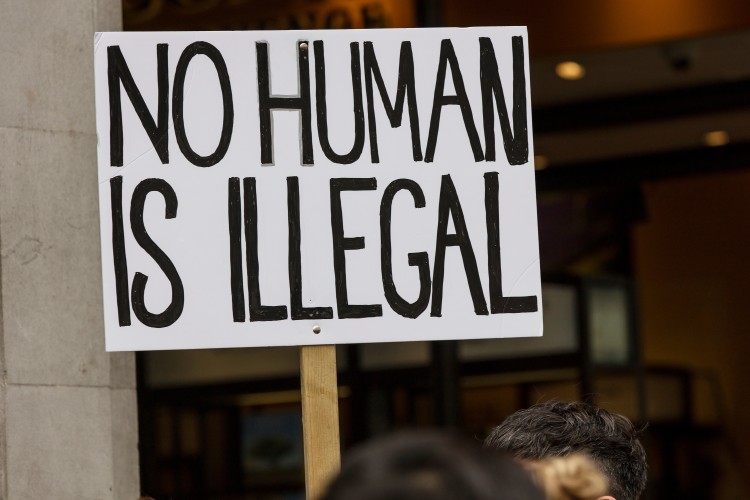Charting New Paths: Understanding and Support for Migrant and Undocumented Youth

Let's Chart New Paths, Together
Recall the last three headlines you read about immigration in the United States. For some of us, this can trigger warning signs of crossing into delicate territory—and we are. Throughout this toolkit, we call in one of the many proverbial elephants in the room: numerous factors have contributed to an increasing number of migrants and migrant youth arriving in our communities and requesting support.
Over four modules, this toolkit will explore Charting New Paths: Understanding and Support for Migrant and Undocumented Youth through the following topics:
- Level Setting & Language
- Checking Our Capacity
- Culturally Competent vs. Culturally Humble
- Cultural Humility with Awareness and Empowerment
 | To use this toolkit, please explore individual learning modules using the above menu. |
This toolkit was released as a newsletter series in May 2024. Learn more about new training and funding opportunities, news and policy updates, and how we can collectively strengthen outcomes for youth and young adults. Sign up for our newsletter to get this series and more delivered straight to your inbox.


